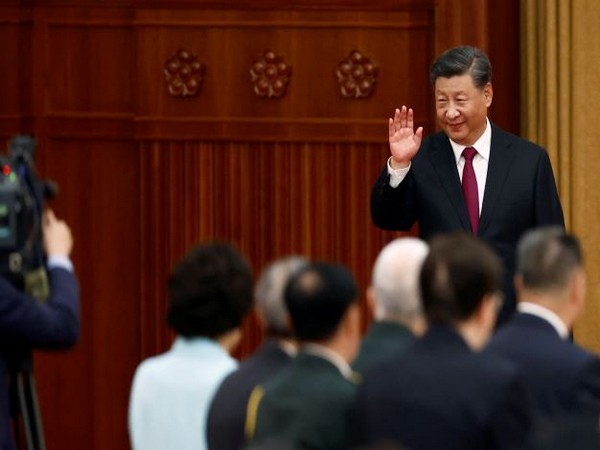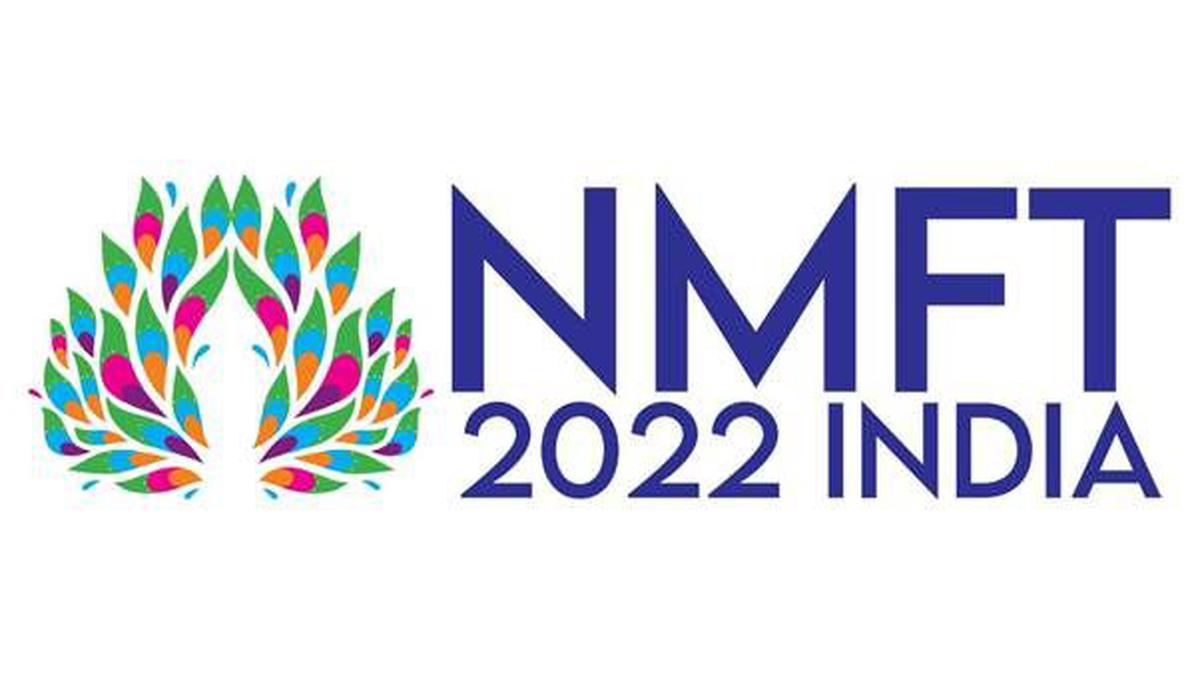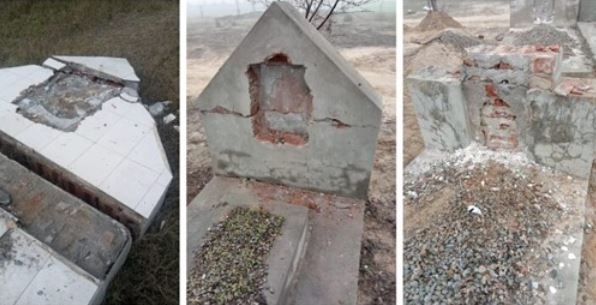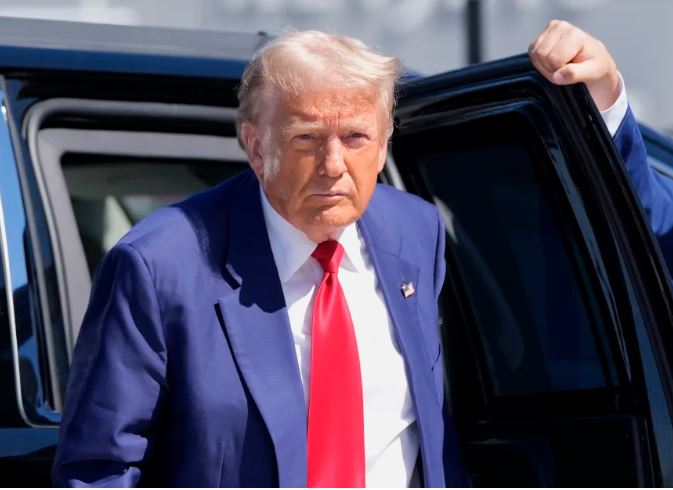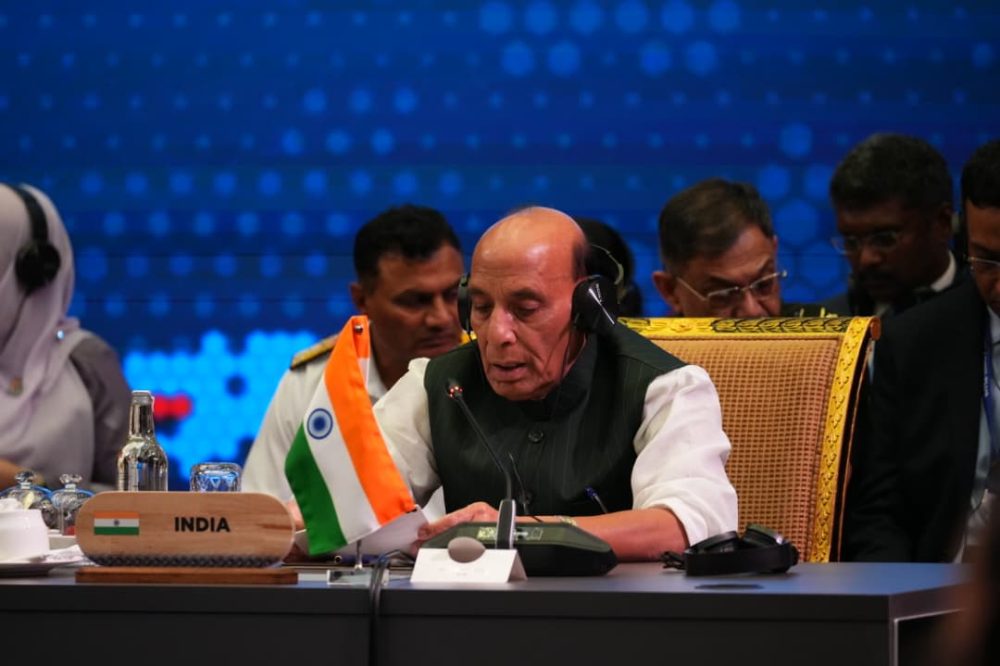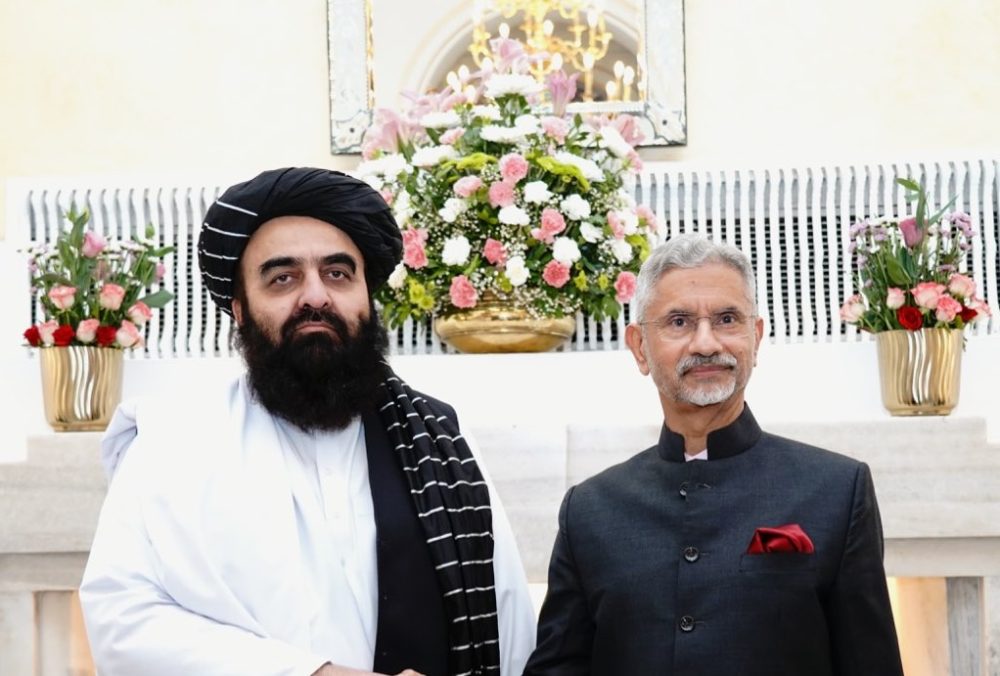Lot of Chinese businessmen attracted towards online casinos in 2016 after Dodrigo Duterte became the President as he handed the right to issue offshore gambling licenses to the Philippine Amusement and Gaming Corporation (PAGCOR), a government entity that operates casinos and regulates the industry … writes Dr Sakariya Kareem
Chinese nationals have become both a boon and a curse for the Philippines has become a major hub for online gaming in the last five years. The Chinese authorities have failed to combat the menace of online gaming and the involvement of its citizens, both as victims and attackers in the Philippines. Several reports have suggested that thousands of Chinese nationals work in virtual casinos in the Philippines and cater to players back in China where gambling is illegal.
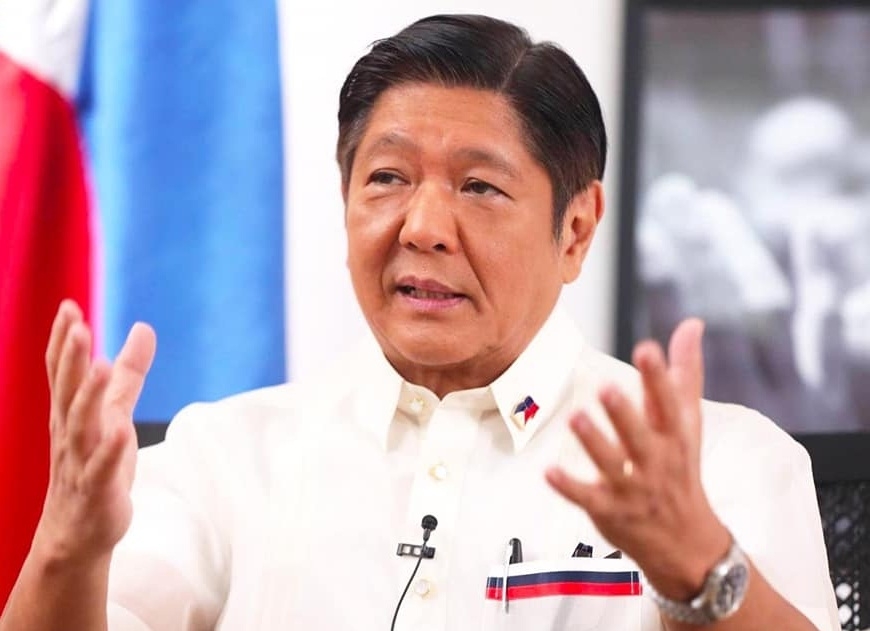
Online casinos generate tax revenue and desperately needed jobs in Manila’s crowded downtown area. But at the same time, they’ve pushed up rents and created new challenges for the Philippine National Police.
Beijing has ratcheted up pressure on Manila since 2019 to shut down the industry after it managed to persuade Cambodia to do so. Manila had stopped taking applications for new POGO licences in August 2019, citing concerns about national security, but then President Rodrigo Duterte decided against banning the industry.
A lot of Chinese businessmen were attracted towards online casinos in 2016 after Rodrigo Duterte became the President as he handed the right to issue offshore gambling licenses to the Philippine Amusement and Gaming Corporation (PAGCOR), a government entity that operates casinos and regulates the industry. “It began to aggressively develop the industry by awarding dozens of licenses,” told lawyer David Lee to CNN.
Chinese businessmen were quick to seize the opportunity and the number of POGOs mushroomed. They were assisted by several hundred service providers, who helped them build and maintain the infrastructure behind their platforms, according to Ben Lee, of IGamiX consultancy. Many of these service providers also acted as an interface between the POGOs and their customers, renting a video feed from the officially licensed operators and overlaying their logo and visual identity onto it, he added. Lee reportedly said that some 90% to 95% of POGO customers were located in China. Ironically, China has banned any form of gambling by its citizens, including online and overseas.
And since it doesn’t allow its citizens to gamble online, they were also not allowed to send money abroad for this purpose. However, Chinese gamblers used crypto currencies like Bitcoin to avoid detection. In order to attract Chinese customers, POGOs relied on a large contingent of Chinese workers. They employed at least 138,000 foreigners in the Philippines, most of them belonged to China. With the passage of time, most Chinese came to Philippines on tourist visas and overstayed. However, Manila expelled hundreds of Chinese nationals from time to time after arresting them in raids against online gaming operations and other cyber-crimes in Palawan province, for allegedly working illegally in the country.
In September, Manila took action against Chinese operators for not paying taxes or revenue shares or having committed other law violations. Beijing backed the crackdown on online gambling operations, which cater to clients in China despite Beijing’s ban on gambling.
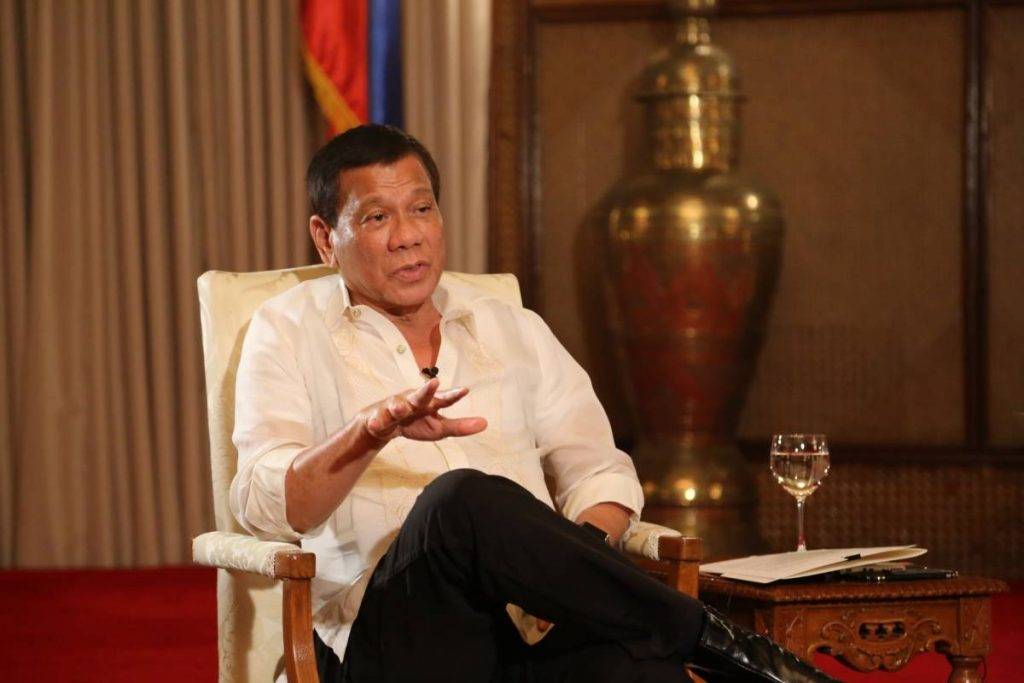
The Philippines also decided to stop the operations of 175 offshore gambling firms and deport about 40,000 Chinese workers which were part of a crackdown on the notoriously opaque online gaming industry. At their peak, Philippine offshore gambling operators, or POGOs, had employed more than 300,000 Chinese workers, but the pandemic and higher taxes forced many to operate elsewhere.
“The crackdown was triggered by reports of murder, kidnapping and other crimes committed by Chinese nationals against fellow Chinese nationals,” justice ministry spokesperson Jose Dominic Clavano said.Beijing gas supported the deportation and crackdown on POGO-related crimes and added that the government “firmly opposes and takes tough measures to combat gambling.”
Six Chinese nationals who formed the initial batch of former Philippine Overseas Gaming Operations (POGO) workers were deported in mid-October. According to available information, deportation will take a few months as the authorities kept the target of 3,000 for deportation in October. Meanwhile, Chinese Ambassador Huang Xilian informed PH Senate President Juan Miguel that China had placed the Philippines on its overseas gambling blacklist. The move to blacklist the Philippines means putting travel restrictions on destinations Chinese nationals can visit for gambling-related activities.
The deportation of such a large number of its nationals for indulging in illegal activities came as a huge diplomatic embarrassment to President Xi Chinese President Xi Jinping who got re-elected as the General Secretary of the ruling Communist Party of China for a record third five-year term.


